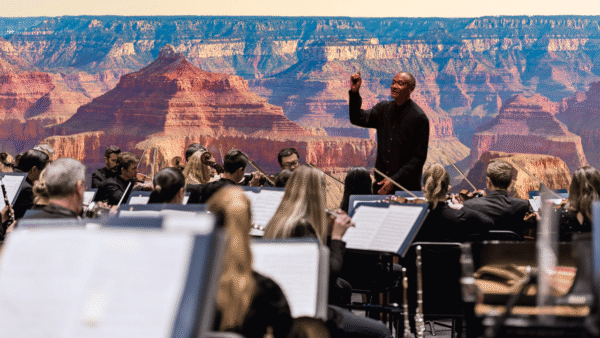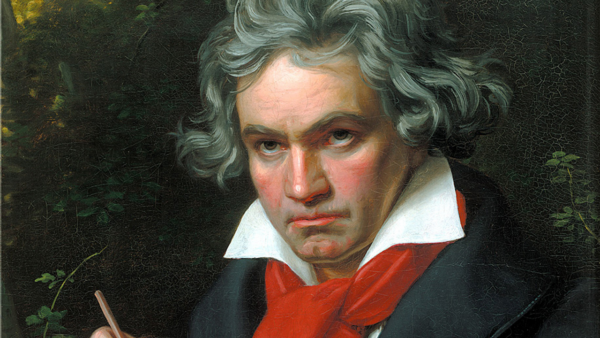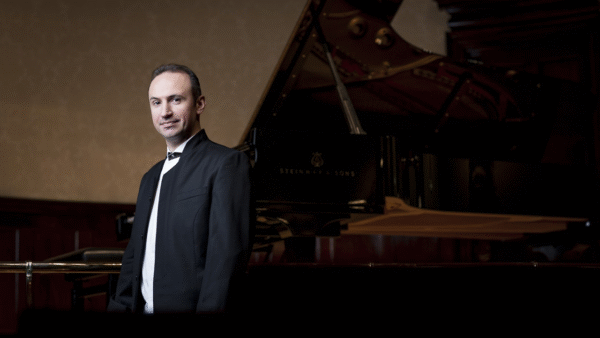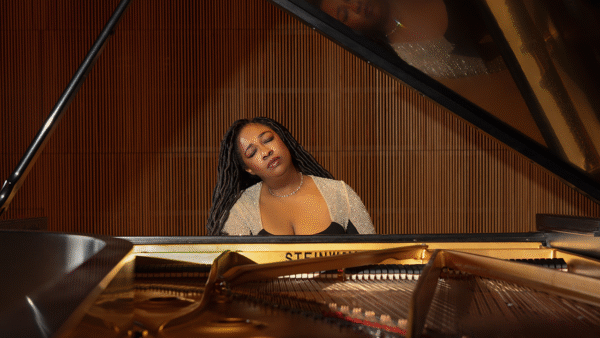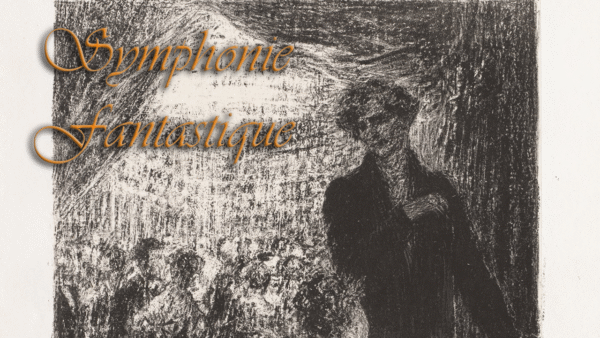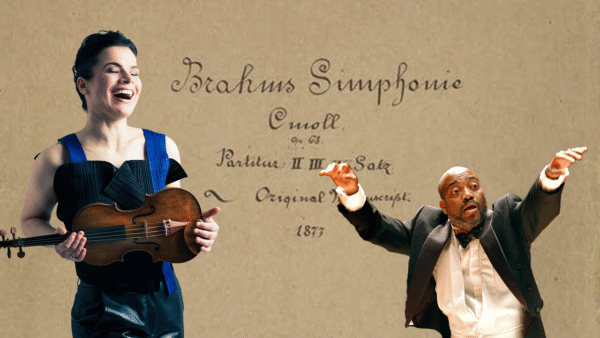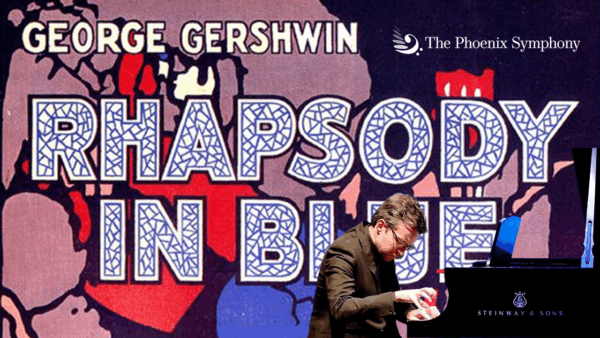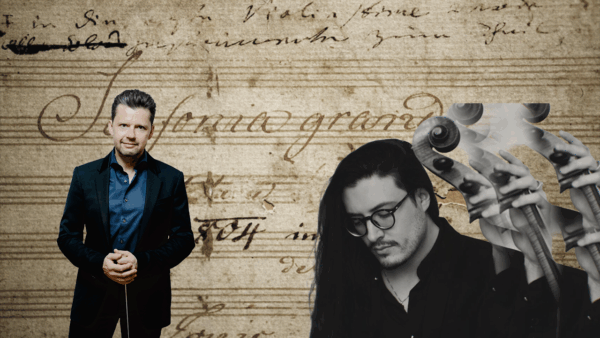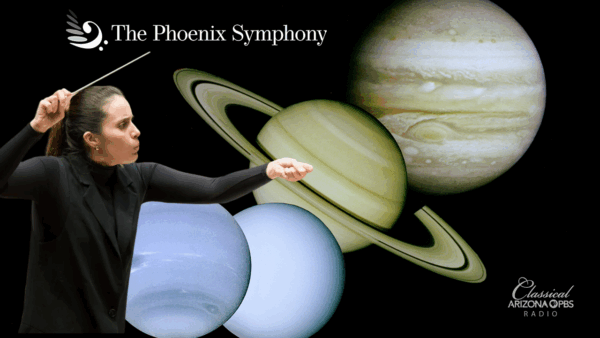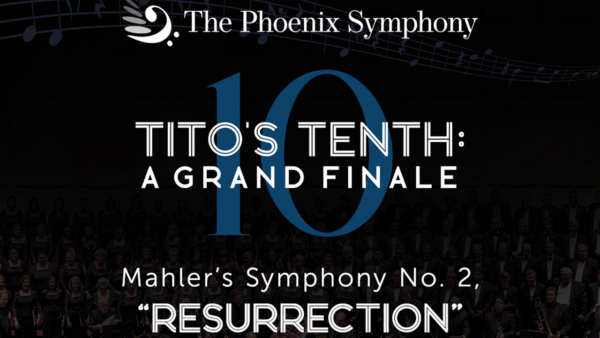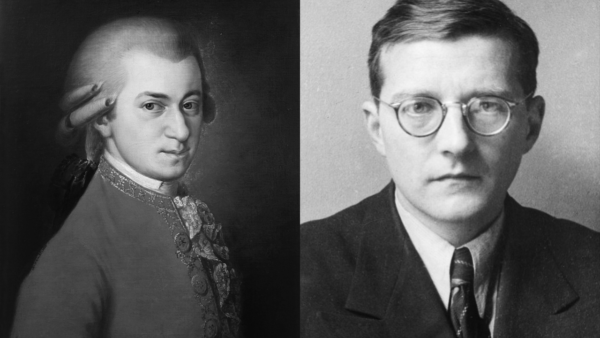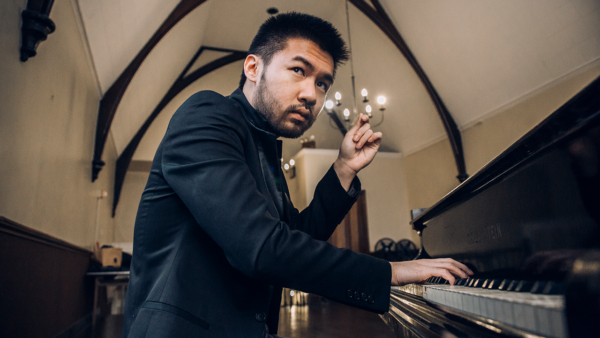Tchaikovsky’s “Pathetique”
Oct. 21, 2024
Join us this Monday evening at 7 PM on Classical 89.5 KBACH, KNAU Arizona Public Radio, and DTV 8.5, Classical Arizona PBS, for an engaging concert by The Phoenix Symphony. This week’s program features Tchaikovsky’s Symphony No. 6, also known as the Pathétique, Wagner’s Siegfried Idyll, and David Serkin Ludwig’s Concerto for Violin and Orchestra, performed by the brilliant guest soloist Bella Hristova. Under the baton of Virginia G. Piper Music Director Tito Muñoz, this concert promises to be a compelling exploration of orchestral depth and emotional resonance.
Richard Wagner’s Siegfried Idyll opens the program, a work that carries a rich tapestry of history and personal significance. Written as a birthday gift for Cosima Wagner, Wagner’s wife, this piece premiered on December 25, 1870, in a private setting, performed by musicians arranged on the staircase of their villa in Lucerne. The Siegfried Idyll is a heartfelt tribute, embodying themes that resonate with pastoral beauty and familial love. Most of the music relates to the third act of Wagner’s opera Siegfried, which was nearing completion at the time. This delightful work features soft woodwind melodies and lush string textures that evoke the tranquil sounds of nature, transforming a simple birthday greeting into a symphonic expression of profound affection. If you listen closely, you’ll even catch glimpses of horn calls and bird songs that add to its bucolic charm.
Next, we turn to Tchaikovsky’s Symphony No. 6, composed in 1893 and completed shortly before the composer’s untimely death just days after its premiere. The Pathétique is one of Tchaikovsky’s most emotionally charged works, expressing a range of feelings from despair to introspection. Its premiere was met with mixed reactions, as audiences grappled with its unconventional structure and somber themes. The symphony opens with an eerie calm, gradually evolving into a rich tapestry of sound that captures the essence of Tchaikovsky’s struggle with his own emotions. The final movement is particularly striking, characterized by its melancholic descent into silence—a powerful conclusion that leaves listeners in contemplative awe. This symphony represents the culmination of Tchaikovsky’s creative journey and stands as a testament to his ability to convey the complexities of human experience through music.
Complementing these iconic works is David Serkin Ludwig’s Violin Concerto, which highlights the virtuosic talent of guest soloist Bella Hristova. Ludwig, a noted composer and educator, draws from his rich musical heritage—being the grandson of the legendary pianist Rudolf Serkin. He describes his concerto as a reflection of partnership, empathy, and community, inspired by his marriage to Hristova. The piece weaves together influences from Eastern European dance music and personal memories, incorporating a Bulgarian dance called the Rachenitsa and even a quote from Hristova’s late father, Yuri Chichkov, a respected Russian composer. This intricate connection adds a layer of intimacy to the concerto, making it not just a performance but a shared experience. Hristova’s expressive playing brings Ludwig’s emotional landscape to life, and her unique background enriches the performance with cultural depth and narrative.
Conducting this powerful program is Tito Muñoz, who has earned acclaim for his dynamic interpretations and ability to connect with audiences. His approach to music emphasizes the importance of emotional expression, which aligns beautifully with the poignant themes of Tchaikovsky’s and Wagner’s works, as well as the personal narrative woven into Ludwig’s concerto. Under Muñoz’s direction, the orchestra will navigate the intricate soundscapes, allowing each piece to resonate with clarity and passion.
As you prepare for an evening of musical exploration, we invite you to immerse yourself in the emotional journeys these compositions offer. Whether you are a longtime lover of classical music or new to the genre, this concert promises to engage your senses and provoke thought. The combination of Wagner’s pastoral charm, Tchaikovsky’s deep emotional reflection, and Ludwig’s contemporary voice creates a rich listening experience that showcases the timeless power of orchestral music.
Don’t miss this opportunity to tune into The Phoenix Symphony’s compelling performance. Settle in, turn up the volume, and allow the music to carry you away. We look forward to sharing this unforgettable evening with you on Monday at 7 PM!
Featured in this episode:
Wagner – Siegried Idyll – The Phoenix Symphony; Tito Muñoz, conductor
Ludwig – Violin Concerto – The Phoenix Symphony; Tito Muñoz, conductor; Bella Hristova, violin
Tchaikovsky – Symphony No. 6, “Pathetique” – The Phoenix Symphony; Tito Muñoz, conductor
Wagner – Overture to Der fliegnede Holländer – The Phoenix Symphony; Tito Muñoz, conductor









